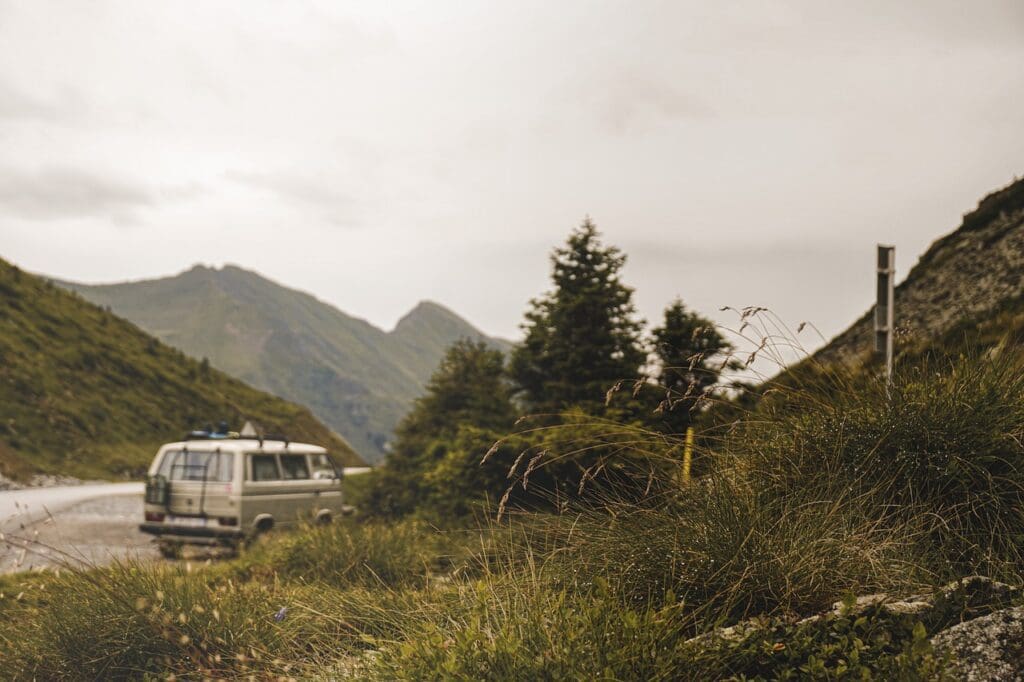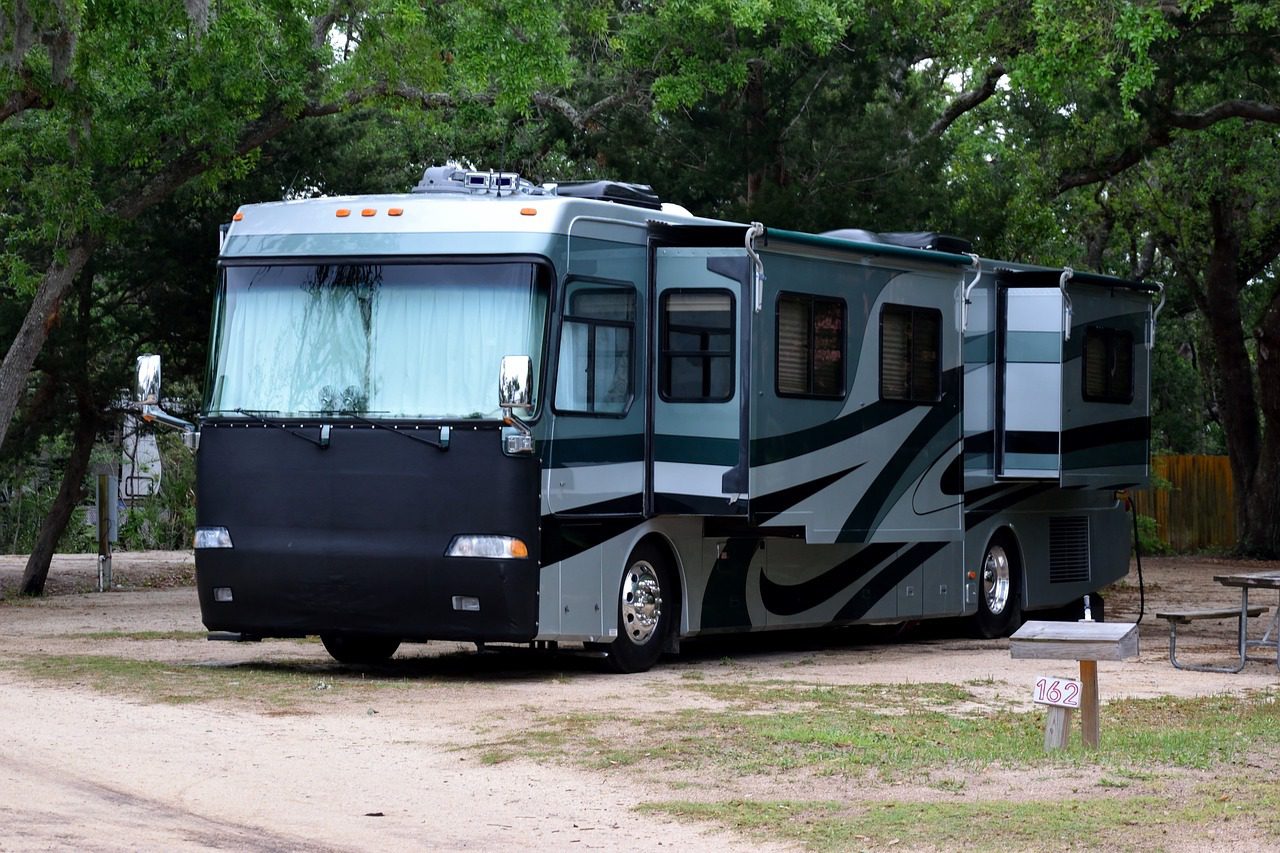Are you planning on taking a long RV trip soon? If so, it is important to prepare some things before you set out. Many different preparations need to be made for an extended journey like this one.
This article will go over the first steps of what needs to be done to get your RV ready for an extended trip. Check on the list below.
Table of Contents
Get Yourself the Perfect Camper Vehicle
This is the first thing that needs to be done. Finding a good RV for you will take time and research, but it is worth the effort to make this trip as comfortable as possible. Think about what RV accessories are important for your travels before settling on one camper vehicle or another. Think about the amenities you want in your RV as well- some campers offer more than others, RV sinks, and this should be considered when making your decision.
Some things need to be checked before purchasing an RV; for example, if you need a tow vehicle, make sure that the RV can be towed by your car or truck. Also, if you are considering a fifth-wheel or travel trailer, checking the maximum tow weights for your car and RV before making any commitments is important.
A camper vehicle can be expensive, so there may not be an option of buying more than one type of RV to find what suits you best. Make sure that you are researching the campers that best suit your needs before committing to buy.
Pack Your Most Important Belongings First
Do not pack everything at once. Create a packing list with the essentials and start from there to see what you really need for your RV trip before making any commitments on how much weight you can carry in your vehicle. This is also important because it will make it easier to move things around inside your camper if needed.
A packing list can be created by starting with what clothes you will need for the trip. Then, think about any other important items needed for your camping adventure to make this experience as tasty and enjoyable as possible- food, water, entertainment like books, or games for downtime during travel days on less interesting highways.
Make Sure You Have Enough Supplies For the Trip
It is important to have the supplies you need for your trip to make sure everything goes smoothly. The list below includes some necessities that could be useful during an RV journey:
- Enough fuel for the entire trip
- Spare parts and fluids like oil, coolant, and transmission fluid, if applicable
- Tires (make sure the tires have enough tread and pressure)
- Tire sealant or a can of fix-a-flat. If you are driving on rural dirt roads, make sure to get at least one spare tire too.
Other supplies that you should bring along include an emergency kit for repairs, first aid kit, jumper cables, jack and lug wrench, tire pressure gauge, tow strap or chain for your car or truck if you need to get pulled out of a ditch; these are all important things to have ready. It is always good to plan, so having spare parts can make sure this trip goes as smoothly as possible.
Get Directions Before You Leave so you can Plan Out your Route Ahead of Time
This is a way to avoid getting lost and wasting time. Planning your route ahead of time will make it so that you don’t have to worry about how long the drive is or what direction you should head in. You can get driving directions from Apple Maps and pinpoint your stops, especially for long travels.
Some things need to be considered when planning this trip: weather, fuel cost for each state, gas station hours (some may not be open 24/hours), and driving time. Research your route ahead of time to save yourself the hassle and ensure that you have everything planned out before starting on this adventure.
Plan for Emergencies

Preparing for everything that could happen while on this trip is important. Planning will keep you from getting stressed or scared if something arises and help make sure you can resolve the situation before it worsens. Think about all of the possible emergencies that may occur when planning your itinerary- weather, injuries, etc. It is always good to be prepared for anything!
It’s also important to consider how much cash you will need- this will help if there are any emergencies and you have no access to a bank. Make sure that your cards are in order, with updated account numbers, contact information, etc., so it can make the transaction process easier when filling up or buying food.
Make sure you have a list of emergency contact numbers if anything happens, too; this includes the phone number for your insurance company if needed and local law enforcement/ambulance services if necessary. This will also be helpful when there are unexpected emergencies on the road- not just while driving but also if you were to break down and need assistance.
Keep Track of Mileage
It is important to have an idea of how much you are spending on this trip and where. Keeping track of mileage will help figure out the cost, especially if it’s for a rental RV or someone else’s that needs more expensive fuel than your own vehicle. Allocating money upfront at the beginning can be helpful so there aren’t any surprises at the end of this trip, and it will give you a better idea of how much money to bring with you.
It’s also important to make sure the RV is running economically- this means not driving too fast, keeping your tires inflated properly, and avoiding quick starts or stops. This can help reduce wear on engine components that could be costly in the long run if they need replacing.
When you’re planning a long RV trip, such as a trip to Los Angeles, there are many things to think about. You want to get the perfect camper vehicle to be comfortable and safe on your journey. Make sure you have enough supplies for the trip- just as important as you pack yourself with all of your most important belongings first. Get directions before you leave so that when it comes time to plan out your route ahead of time, you’ll know where each leg of the journey should lead next. Plan for emergencies by packing extra food or water in case something happens along the way. Keep track of mileage because this can help calculate how much gas money may cost at different points during the journey.
Featured Image by Paul Brennan from Pixabay




